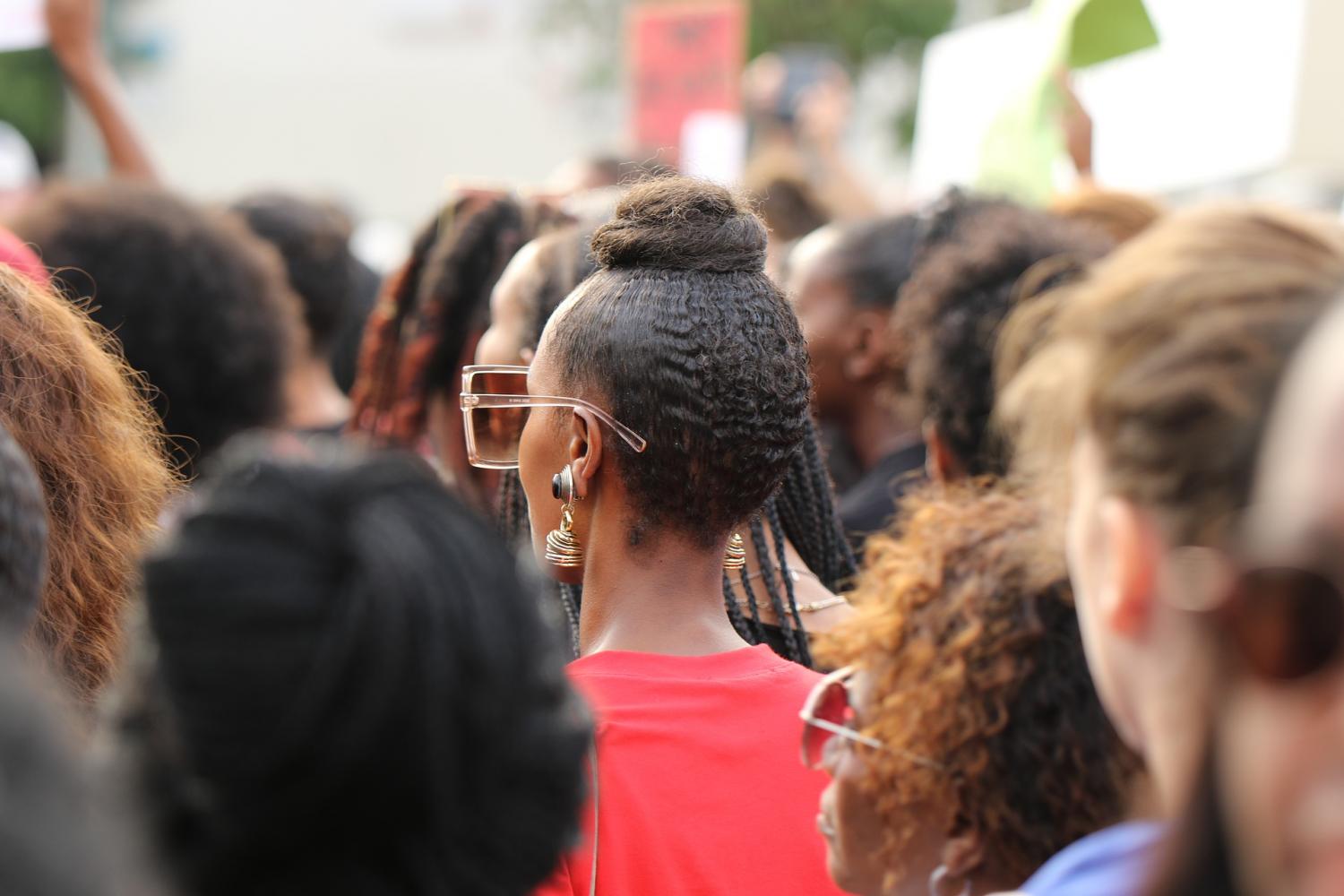
We’re living in a much different world than we did in 1968 or 1992. The U.S. is far more racially diverse than it was during our parents’ and grandparents time, and to that end, most Americans agree that yes, Black Lives Matter.
And according to recent data coming from the research firm Opinium, Americans want brands to add their voices to the nationwide discussions surrounding social issues, especially race. The consultancy shared its results with Robert Williams of Marketing Dive earlier this week.
More than 70 percent of the U.S. adults who Opinium’s researchers surveyed said that they want companies to speak out on challenges including systemic racism and police brutality.
But when it comes to “how” to respond, an understanding of the ways in which consumers want companies to address the Black Lives Matter movement becomes more muddled. There was not much of a difference between consumers who said they wished for brands to support peaceful protest and those who say companies should make it clear they are behind racial equality – just under 20 percent for each tactic.
Only 12 percent of the respondents told Opinium they liked the idea of brands expressing outright support for the Black Lives Matter movement.
And in a reflection of how the U.S. is still starkly divided when it comes to matters of race – even if it’s the approximate 60-40 split we’re seeing in national politics – 30 percent of consumers surveyed said their preferred topics for brands to communicate are either showing support for the police or urging a stop to looting.
That doesn’t mean we should soon see ads saying “blue lives matter” or images of neighborhoods in flames, but it does show that brands still need to navigate carefully when wading into social issues.
For example, recent ad campaigns such companies as McDonald’s (“One of Us”) and Procter & Gamble (“The Choice”) have launched ran the risk of looking exploitative as well as empowering, as revealed in the analysis that the video advertising analytics firm Ace Metrix released last month. “I think forcing people to take political sides, and punishing those who choose no engagement is unAmerican,” said one respondent who Ace Metrix asked to assess the P&G ad.
While the McDonald’s ad received positive reviews overall, Ace Metrix made the point that it also scored highly on its “exploit” meter.
“It’s very likely that a brand’s initial stance on the matter will drive some backlash as viewers will perceive the messaging as a way to cash in on current events," concluded Ace Metrix’s analytics team. “But those brands that do decide to speak up now against racism should stay the course and carry on the conversation into future advertising as an ongoing effort to prove their dedication.”
Sign up for the weekly Brands Taking Stands newsletter, which arrives in your inbox every Wednesday.
Image credit: Orna Wachman/Pixabay

Leon Kaye has written for 3p since 2010 and become executive editor in 2018. His previous work includes writing for the Guardian as well as other online and print publications. In addition, he's worked in sales executive roles within technology and financial research companies, as well as for a public relations firm, for which he consulted with one of the globe’s leading sustainability initiatives. Currently living in Central California, he’s traveled to 70-plus countries and has lived and worked in South Korea, the United Arab Emirates and Uruguay.
Leon’s an alum of Fresno State, the University of Maryland, Baltimore County and the University of Southern California's Marshall Business School. He enjoys traveling abroad as well as exploring California’s Central Coast and the Sierra Nevadas.














